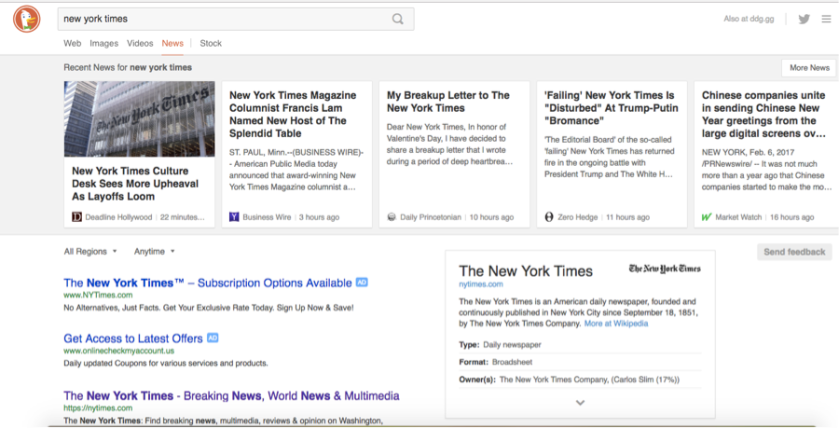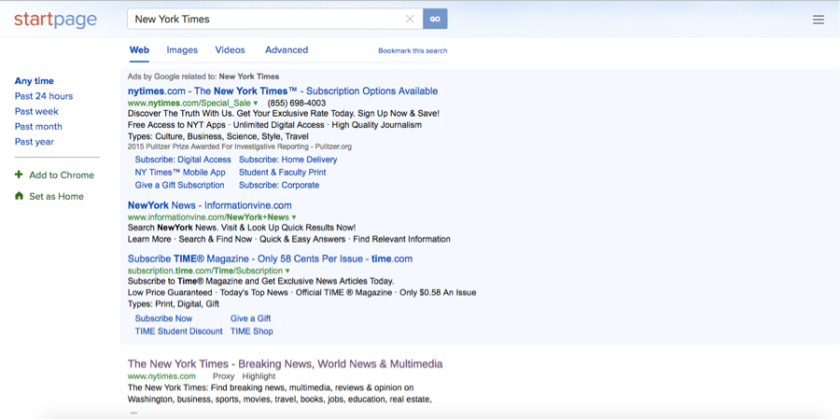Welcome! Our research blog will delve into the ethical questions surrounding Google and their mass selling and collection of personal information of those that use the service.
College students in particular should be aware of the potential hazards that come with using a search engine such as Google. Search engines are essential for students to get work completed and gather accurate information. Students no longer use the library as their primary source of obtaining information. Computers have made data gathering much simpler and faster.
There seems to be a give and take when it comes to using the internet nowadays. Although Google provides fantastic and useful services, they also collect user’s data at an alarming rate. Are you ok with a giant corporation such as Google gathering your information? If not, this is a potential breach of privacy that everyone should be concerned about. Because society is becoming more plugged in and dependent on the internet, we should be cognizant of the ever growing number of traps that come up when using the internet.
Some questions we will aim to answer include:
- What is Google, how big is it, and how has it grown?
- Is the selling of information by Google a breach of privacy?
- Is the selling of information by Google ethical?
- Is our information safe with Google and the corporations they sell it to?
- Is our information vulnerable to hacking by governments or private individuals/companies?
- Are there any safe alternative search engines that do not gather mass amounts of personal information?
We hope you find our research helpful in terms of understanding the personal information we all put out into the open when we use the internet.

 No. Not at all. In fact, it’s foolish to think anything on the internet is 100% foolproof or safe. Even Google, with their vast amount of resources and money,
No. Not at all. In fact, it’s foolish to think anything on the internet is 100% foolproof or safe. Even Google, with their vast amount of resources and money, 


